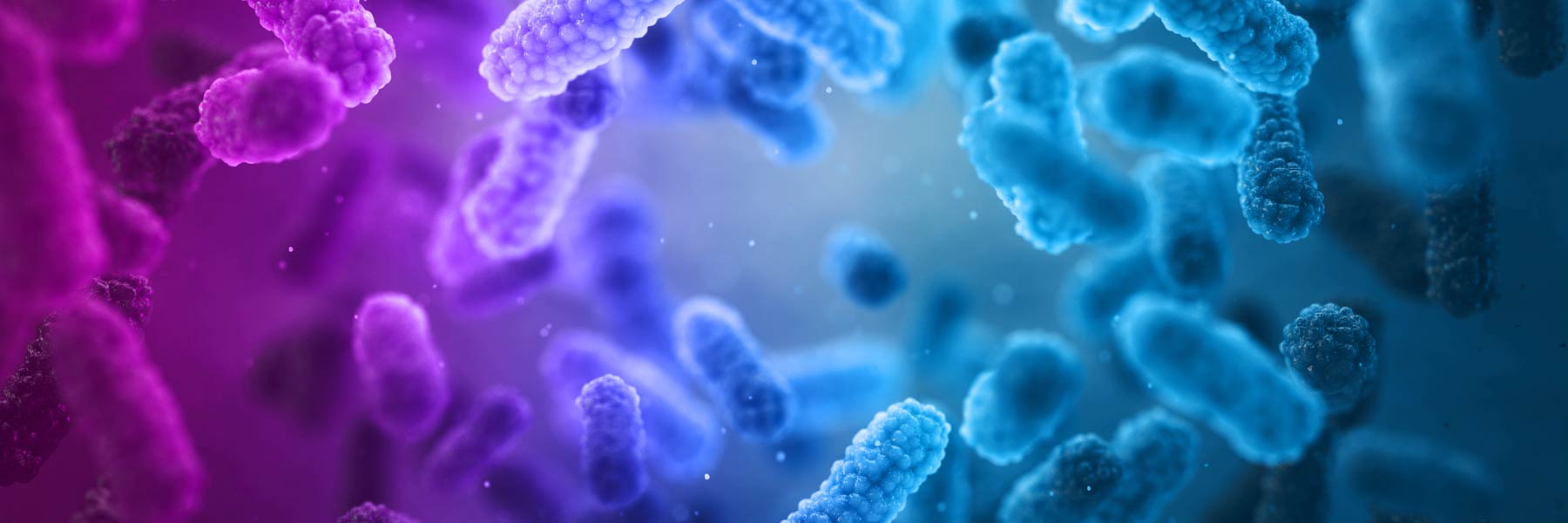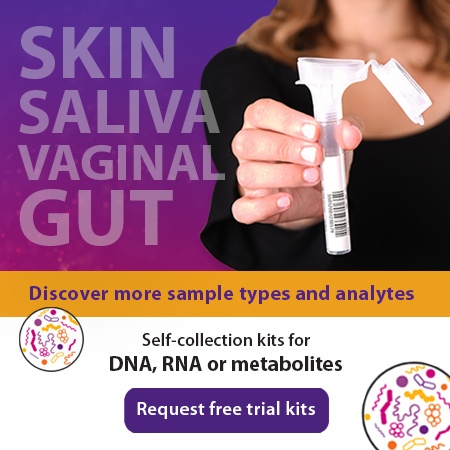2016-09-29
Much research in the microbiome field involves the collection of stool samples from adult populations and looking at the diversity and composition of their microbiome profiles. But what about stool samples from other populations like children or newborn babies? What for example, can be uncovered by looking at a newborn’s first stool, known as meconium, and is there anything we can learn from this? We had the opportunity to speak with Dr. Connie Mulligan, Professor and Associate Chair from the University of Florida about her very interesting research out of the Democratic Republic of the Congo. Dr. Mulligan is the principal investigator of this research project and has been to the Congo three different times to ensure the smooth running of the project which has been expanding ever since 2012.
Maternal stress and newborn health
Dr. Mulligan’s research team is looking at the effects of maternal stress on newborn health. As Dr. Mulligan explains, eastern Congo has gone through a 20 year Civil war, a war that was characterized by sexual violence and rape, thus creating an extreme stressor for women. They are looking to see if stress actually leaves an epigenetic signature on the genome. They would then take that signature and look at other populations like U.S. populations, who are stressed but in a different way and look to see if that epigenetic signature of stress is universal. The meconium sample, which is one sample that Mulligan’s team is collecting, reflects a very unique microbiome sample because the newborn is still in utero when the sample is produced. It’s very much influenced by the mother’s microbiome but also provides insight into the microbiome of the newborn. Since meconium is a tissue that is both maternal and fetal it might provide some information on how maternal stress is passed on to the newborn and passed on in a way that is remembered decades later.
Collecting samples from newborns, and in particular in the Congo, doesn’t come without its set of challenges. As Dr. Mulligan points out,
“the biggest challenge we’ve had is emphasizing that we really want that very first stool sample, because after that it’s no longer meconium...”
Missing out on that first stool sample could mean missing out on a unique set of information. Transportation is another challenge this team faces in terms of getting the samples back to the lab for processing. Delivery of samples from the Congo to Florida can be delayed and refrigeration is often not readily available.
The research team is using OMNIgene•GUT kits to collect and stabilize these valuable samples. The kit preserves the sample at ambient temperature for 60 days and simplifies logistics by eliminating the need to freeze the samples. Dr. Mulligan emphasizes
“ultimately the whole project is based on the quality of the samples and the quality of the DNA we can get out of the samples, so it makes sense to invest in the best collector possible and then everything downstream is easier.”
The ease of collection is so critical because the easier it is to collect, the more likely it is going to be collected properly.
“The project has gotten really big and our team is collecting...all kinds of health information, cognitive surveys and taping behaviour tasks. So, when we added on meconium samples, it was made easier by the fact that I was convinced it would be so easy to collect the sample and it was something we could ask our team to do in addition to everything else they were doing.“
When we asked Dr. Mulligan what the impact would be of being able to preserve samples for 60 days at ambient temperature she said
“the longer the period that the sample stays stabilized before DNA needs to be extracted, that’s priceless for me.”
We will be keeping you updated on Dr. Mulligan and her team’s research along the way as they will be returning to the Congo to visit the collection site. Stay tuned into our blog as we can keep you informed on the progress of their study.


